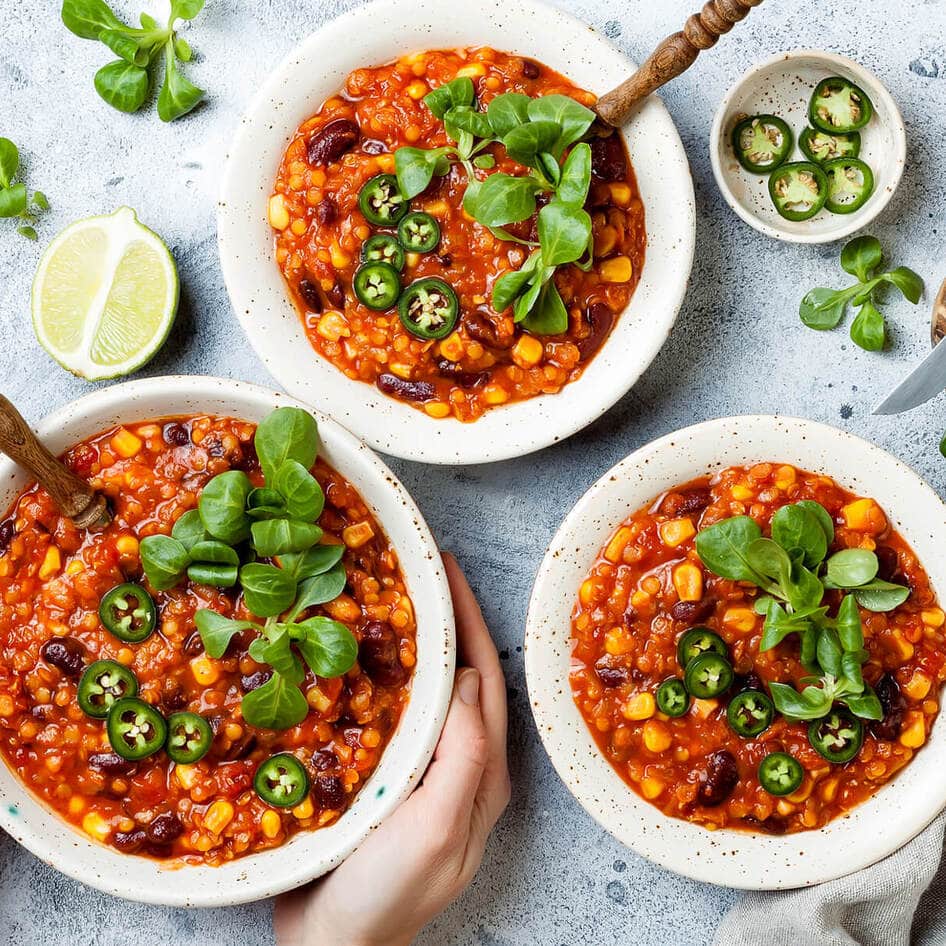As a registered dietitian, I’m all for getting your nutrients from foods first. But I also acknowledge that multivitamins can be handy from time to time—whether that’s while growing a mini-human for the next 40 weeks or during long periods of time away from home. Yet, the sheer amount of options on the market can be intimidating, and not all of them deliver the same health-promoting results. The next time you’re perusing the vitamin aisle, keep these five simple steps in mind to pick the multivitamin best suited for your needs.
1. Look for these key nutrients
Well-planned vegan diets are healthy for all stages of life—including pregnancy. That said, it’s not always easy to plan your diet in a way that ensures you get all the nutrients you need exclusively from food. Vegan diets may be at risk of containing too little of certain vitamins and minerals—particularly vitamins B12, D, iodine, and long-chain omega-3s. If you would prefer to take a multivitamin instead of paying too much attention to these nutrients in food, make sure your daily dose includes these key nutrients so your bases are covered. In some specific cases, extra iron, calcium, choline, folate, selenium, and zinc may also be beneficial. However, most vegans can generally get enough of these nutrients through food alone. Pro tip: beets and spinach are iron powerhouses, and even dark leafy greens contain calcium!
2. Avoid iron-heavy supplements, unless you truly need it
Getting enough iron is crucial, but consuming too much can reduce your body’s ability to absorb other nutrients, cause constipation, and ultimately harm your health. While meat-eaters tend to have higher blood iron levels than non meat-eaters, many vegans are able to maintain their levels within the normal range through diet alone. So unless your iron levels are actually low (a simple blood test will tell), try to find a multivitamin that doesn’t contain this nutrient.
3. Stay away from superdoses
When it comes to nutrients, more is not necessarily better. Many multivitamins provide excessively high amounts of vitamins and minerals—far exceeding the daily reference intake (DRI), also known as the recommended amount you should get each day. While your body is able to get rid of some of the excess nutrients, others tend to accumulate in your tissues and cause negative health effects. Stick to a multivitamin that provides around 100 percent of the DRIs and avoid the temptation of superdoses—when it comes to nutrients, extra isn’t a good thing.
4. Check independent laboratory reviews
Spoiler alert: some supplements don’t actually contain what is listed on the label while others may be contaminated with harmful compounds such as lead. There’s no way of knowing this by simply checking the label, so the best course of action is to check whether your multivitamin brand has been independently tested. ConsumerLab is a reliable place to get access to independent laboratory reviews and testing reports for various brands.
5. Be mindful of unnecessary fillers and additives
Additives and fillers are sometimes needed to help multivitamins maintain their shape and prevent them from breaking down while sitting in your kitchen cabinet. That said, they add bulk to your pills which can make them difficult to swallow or require you to take more than one pill at once to reach the recommended daily dose. Look for a multivitamin containing as few additives and fillers as possible. This will help if you are deciding between two otherwise identical products—if one has five and the other has two, go for the brand with only two additives. As an added bonus, this will also help limit the amount of unnecessary compounds you ingest.
Alina Petre is a registered dietitian, nutrition writer, and founder of Veggies & More, an online platform sharing plant-based nutrition tips with busy moms.
JUMP TO ... Latest News | Recipes | Guides | Health | Subscribe
Photo credit: The Queen of Cardio







